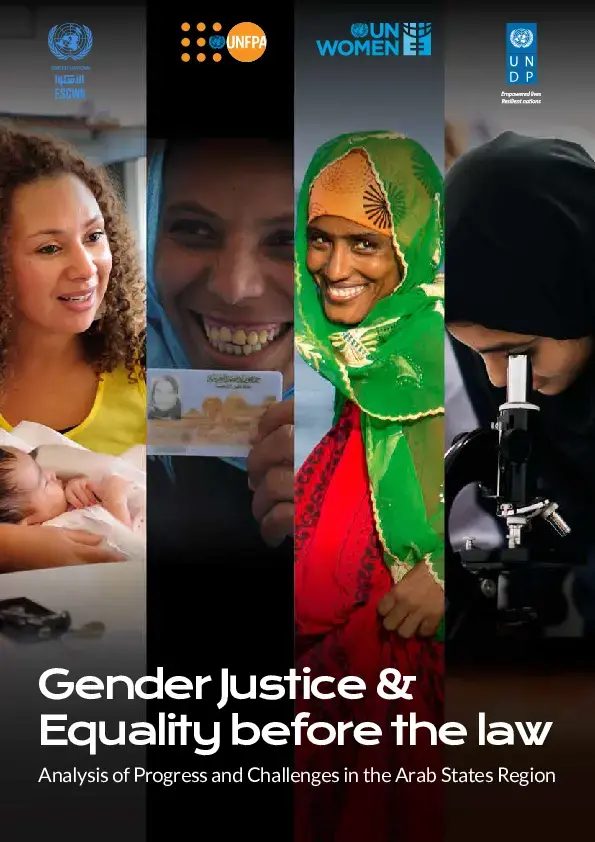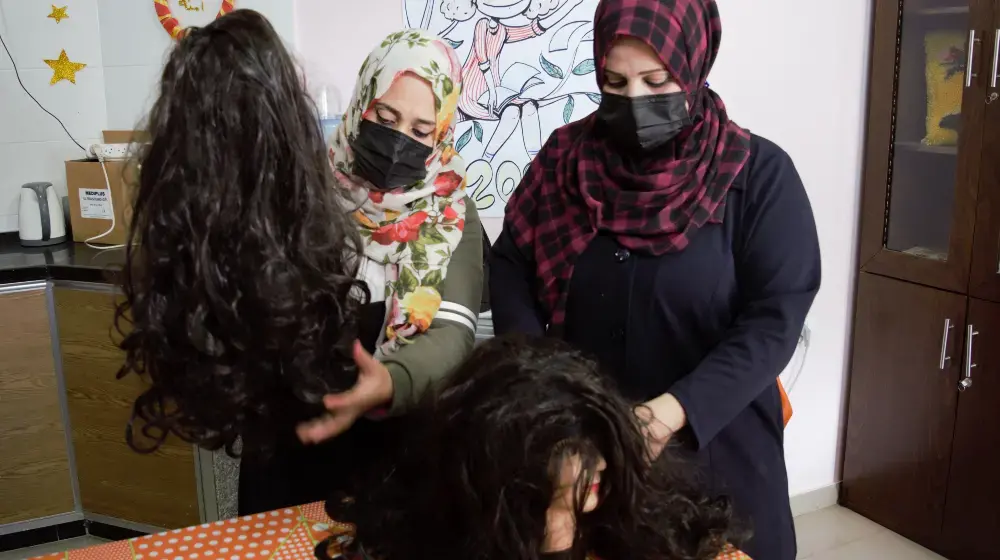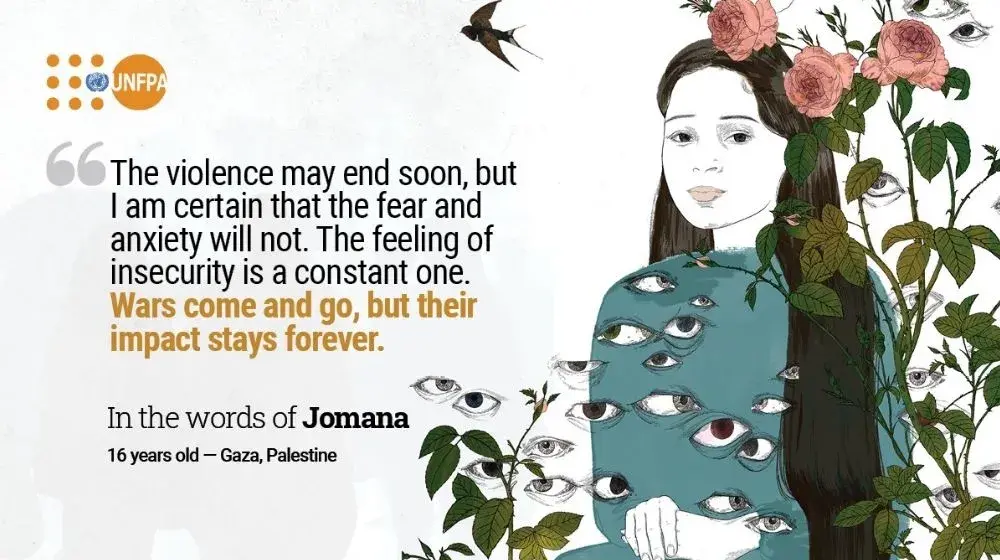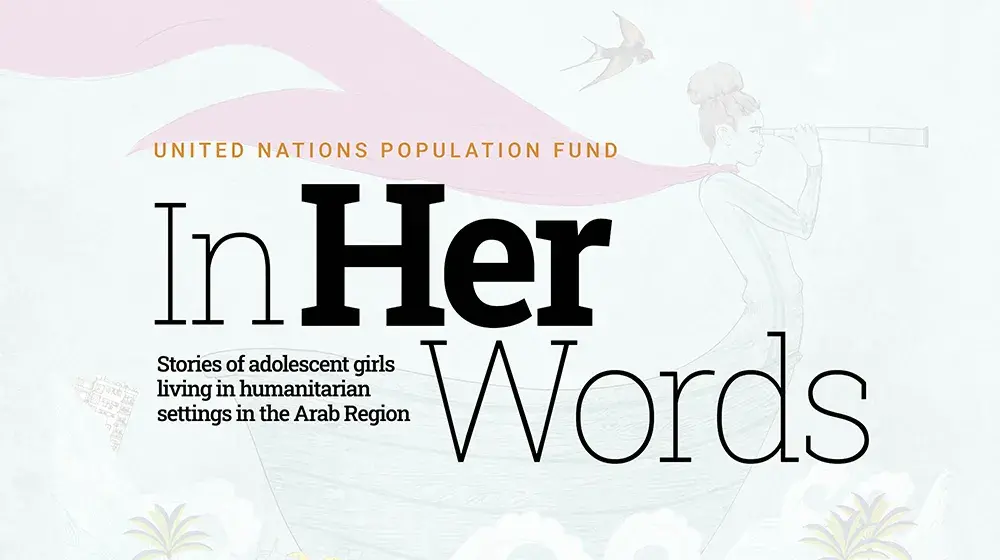This report marks the culmination of an ambitious four-year project that commenced in 2016. The Gender Justice and the Law project engaged governments, civil society organizations and UN agencies in 19 Arab States, as well as regional agencies.
This report documents the progress achieved to realize the aspirations of the Muscat Declaration and analyzes the remaining challenges that States face in their ongoing efforts to make gender justice a reality for all.
This report builds on the country summaries published by the project in 2018. It provides valuable resource for Arab States because it brings a unique regional lens to the detailed examination of the specific legislative provisions included in the country summaries.
The report focuses on the laws and law enforcement practices that matter most for women and girls: protection from violence, rights within the family, property rights and rights at work. The report points to examples of good practice from across the region and encourages sharing of experiences and cross-fertilization of ideas. In so doing, it highlights what is achievable by building on the strengths of existing legal frameworks.
Importantly, the report also provides an overview of the social and economic contexts in which laws are made and access to justice is exercised. It does not shy away from naming the inequitable attitudes and conservative gender norms that are obstacles to women’s empowerment.
It also addresses the devastating impacts of conflict on the human rights of women and girls, and what can be done to prevent and mitigate those impacts.
Helpfully, in its concluding chapter, the report proposes recommendations which define concrete measures for States to consider in their planning for the coming decade, 2020-2030. It includes specific examples of the legislative changes that are required to achieve gender justice and equality before the law.





